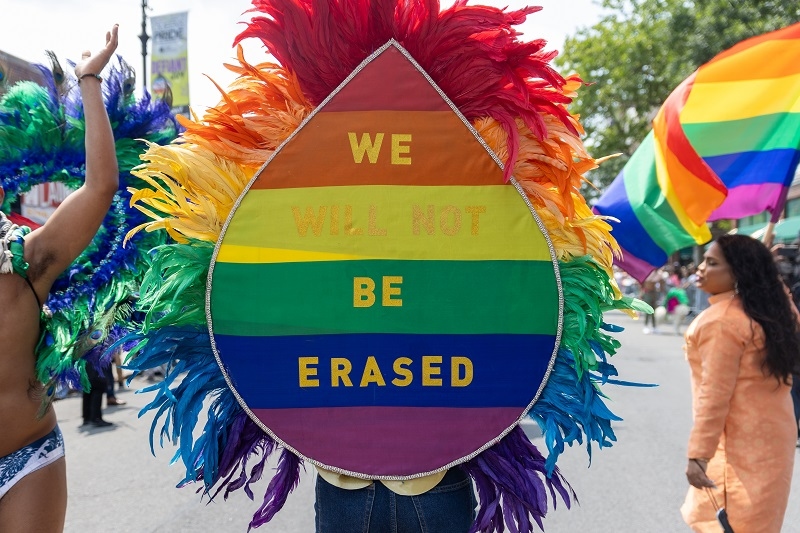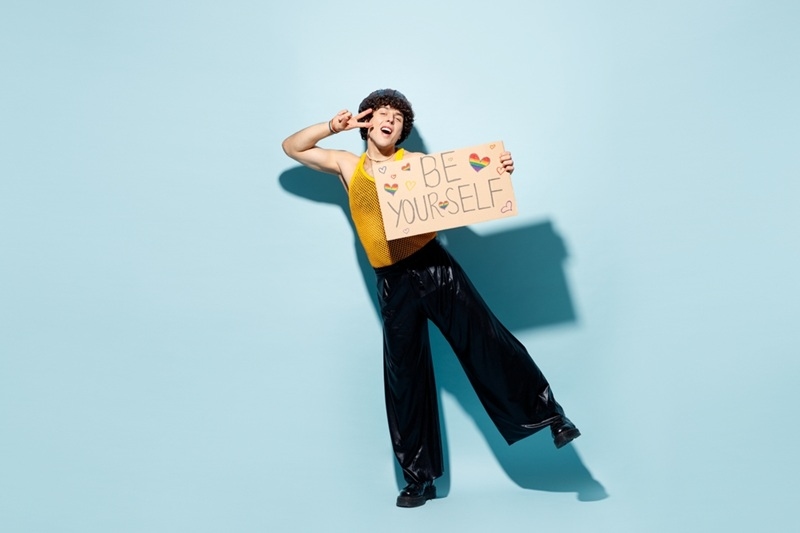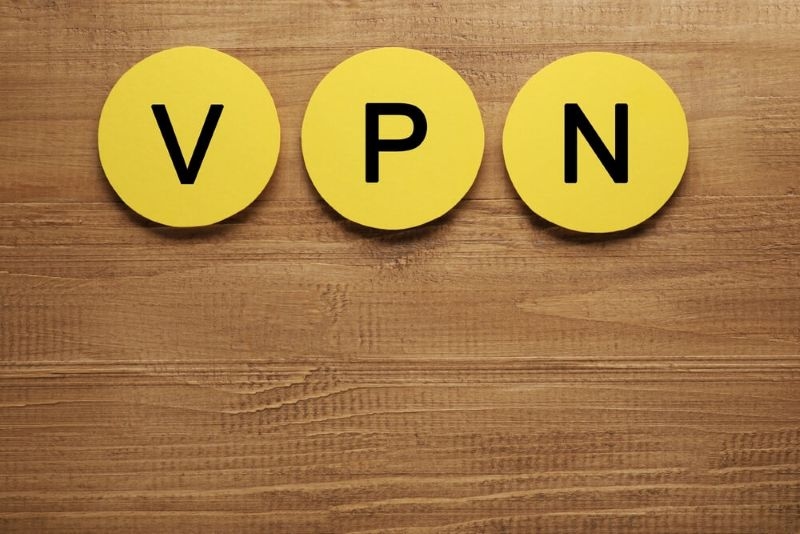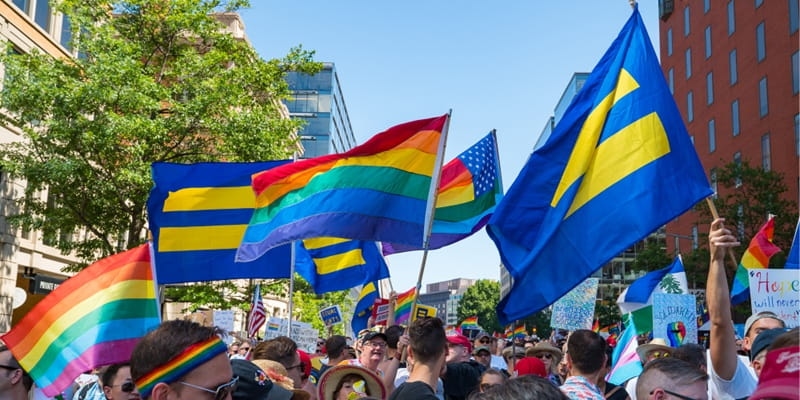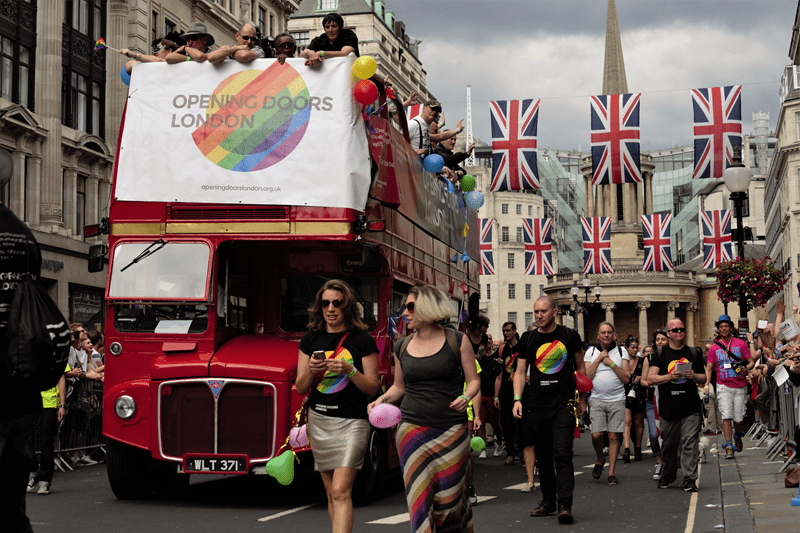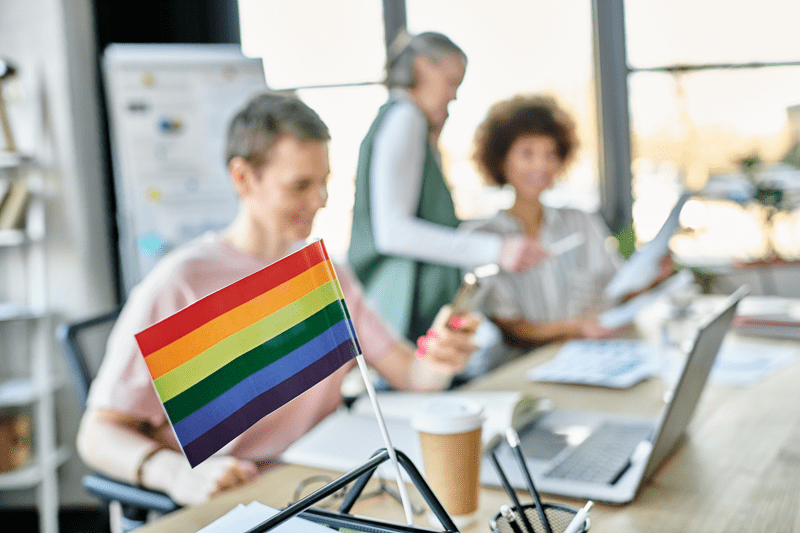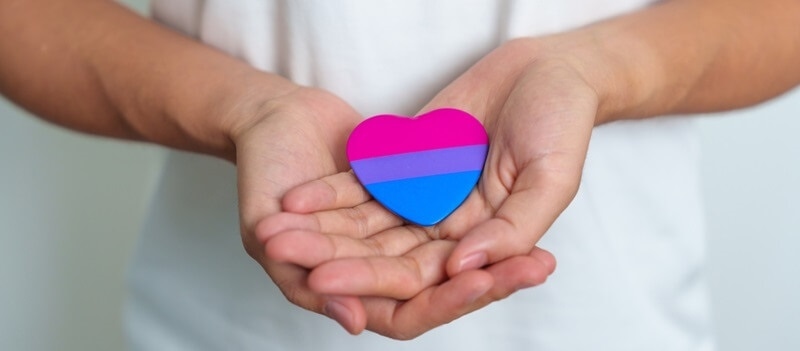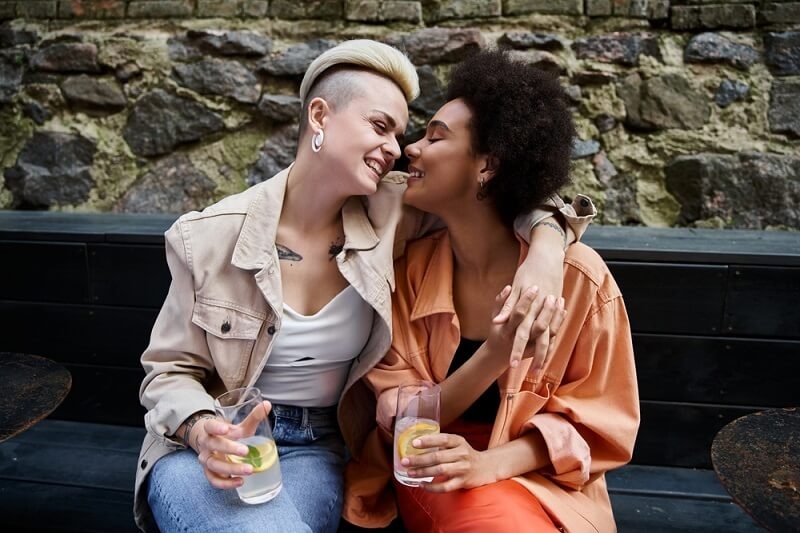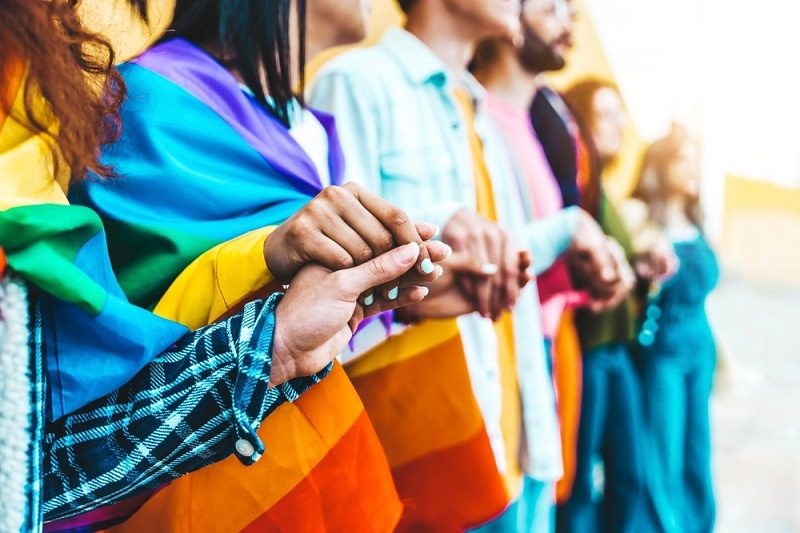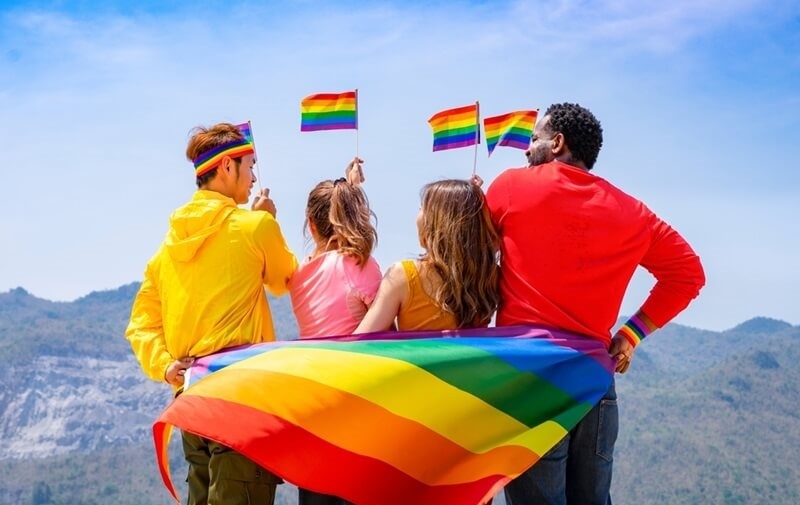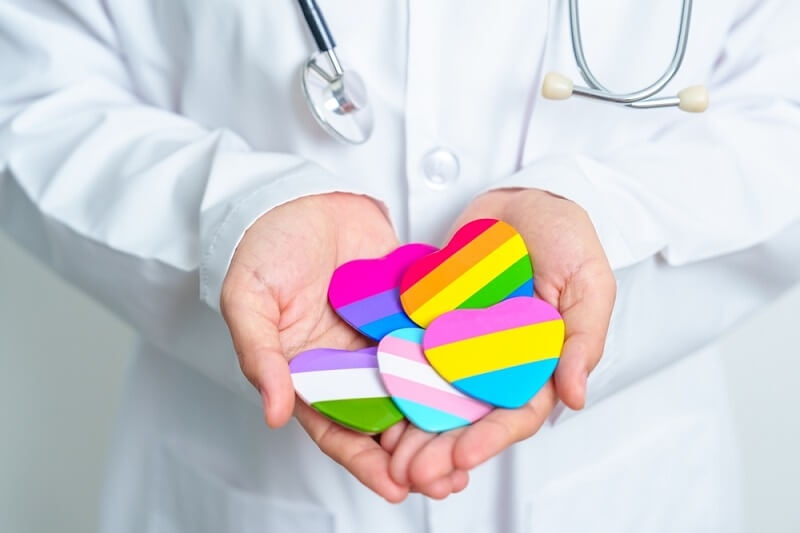Learn What Gay Men Should Expect In A Loving Relationship

Relationships within the gay community often carry unique complexities that are not widely understood outside of it. These relationships are subject to the same emotional highs and lows as heterosexual relationships, yet they often face additional challenges related to societal acceptance and internal community pressures. Understanding these dynamics is crucial for both partners and those who support them.
Challenges and Expectations
Gay relationships can sometimes be navigated through a minefield of societal expectations and personal challenges. Common expectations might include a higher degree of openness in sexual relationships, which isn't necessarily embraced by all. Understanding and negotiating such expectations are key challenges that require attention and sensitivity.
The Reality of Gay Relationships

Facing Harsh Realities
Some gay men in love experience particularly harsh realities in their relationships, such as dealing with partners who openly flirt or engage in sexual activities with others, often in public or with little to no communication. These actions can lead to significant emotional distress, yet many men feel they do not have the right to object due to a perceived cultural emphasis on sexual freedom within the gay community.
Emotional Entitlement and Reactions
There is often a troubling doubt among gay men about their right to feel upset or jealous over their partners actions. This doubt can stem from internalized beliefs about what it means to be in a gay relationship, influenced by both the gay and broader communities attitudes towards sexuality and freedom.
Cultural and Social Support Differences
Heterosexual vs. Gay Relationship Norms
The support that heterosexual couples receive, culturally and socially, often starkly contrasts with the experience of gay couples. Heterosexual relationships are frequently upheld as the standard, receiving a wide range of societal supportfrom media representations to legal recognition that reinforces their validity.
Subdued Reactions to Gay Relationship Issues
When gay men express grievances about their relationships, the reactions from friends, family, and society can be significantly more subdued compared to those of heterosexual couples. This lack of validation can exacerbate feelings of isolation and invalidate the genuine emotional experiences of those involved in gay relationships.
The Need for Emotional Validation
Acknowledging and Validating Emotional Responses
It's critical for emotional responses like jealousy or hurt in gay relationships to be acknowledged and validated by both partners. Validation is a fundamental aspect of nurturing a healthy relationship and supports individuals in feeling seen and understood by their partner.
Emotional Validation as Healing
Emotional validation not only supports the current relationship but also plays a crucial role in healing past wounds. This healing is particularly important in gay relationships where partners may not have always received emotional support in other areas of their lives, including during their upbringing.
Healing through Relationships
Relationships as a Means to Heal
Psychologically, many individuals are drawn to relationships as a means to heal from past emotional traumas. This is particularly true for those who may have experienced neglect or emotional abuse in their early family or social environments.
The Role of Emotional Support
The emotional support provided by a partner in a gay relationship can be profoundly healing. It can offer a corrective emotional experience, effectively helping an individual heal from the emotional deficiencies of their past.
Thus, fostering a supportive and understanding environment within the relationship is essential for both partners emotional health and the relationships overall longevity. Lastly, navigating a gay breakup requires careful emotional management and support, as it can significantly impact one's journey toward personal healing and future relationship success.
Navigating Relationship Dynamics
Importance of Care, Conversation, and Consensus
In any relationship, the mutual provision of care, engagement in meaningful conversation, and reaching consensus are vital components. Neglecting these aspects can lead to significant emotional damage and resentment. In gay relationships, where external support may be lacking, the internal dynamics become even more crucial. Ensuring that both partners feel heard and valued is essential for a healthy relationship.
Understanding Attachment Wounding
Attachment wounding refers to the emotional trauma that can continue to affect an individuals relationships into adulthood. These wounds often originate from unmet emotional needs during childhood or previous relationships. In gay relationships, attachment issues can be compounded by experiences of rejection or discrimination, making it crucial for partners to work together to address and heal these wounds.
Codependency in Relationships
Recognizing Signs of Codependency
Codependency can manifest as a dependency on a partner for approval, emotional support, or identity. Signs include sacrificing one's own needs to please the partner, difficulty making decisions independently, and a pervasive fear of abandonment. This dynamic can be detrimental to personal well-being and the health of the relationship.
Addressing Codependency
Identifying codependency involves a deep, often uncomfortable, reflection on ones relationship patterns and behaviors. Addressing it requires establishing boundaries, developing autonomy, and often seeking professional help. Its about moving towards a relationship model that promotes mutual respect and individual strength. Recognizing the signs a gay relationship is over can help in taking proactive steps to address issues or begin the process of healing and moving forward.
Minimum Expectations in a Relationship
Fundamental Relationship Expectations
Every individual, regardless of sexual orientation, should expect basic decency from their partner. This includes consistent emotional support, respect, and kindness. These are not just desirable traits but essential components of a healthy relationship.
The Role of Apologies and Accountability
Apologies and accountability are critical in maintaining trust and respect between partners. They help to acknowledge mistakes and demonstrate a commitment to improving the relationship. This is particularly important in gay relationships where external misunderstandings can compound internal conflicts.
You may also like: Connect with Pride: Best Free Gay Hookup Apps Of 2024
Conclusion
This discussion underscores the importance of understanding the unique dynamics within gay relationships. Recognizing the challenges and setting clear, healthy expectations are key to building and maintaining strong, resilient partnerships.
For those in challenging relationships, it's important to remember that help is available. Seeking support from counselors, especially those familiar with gay relationships, can provide guidance and tools to enhance relationship quality. Everyone deserves a supportive, loving partnership, and striving for this should be a priority.
This content was created by AI

